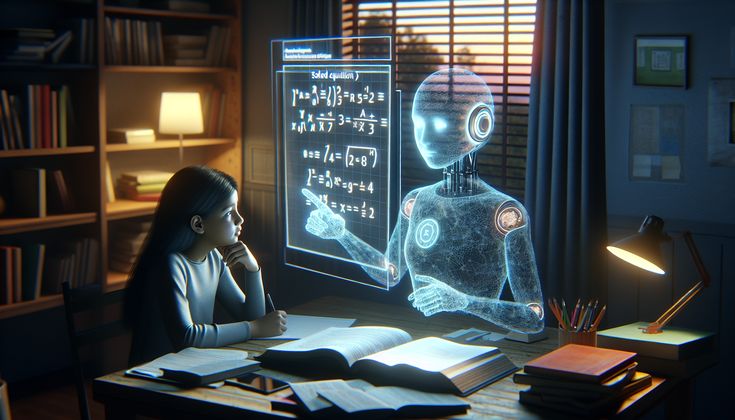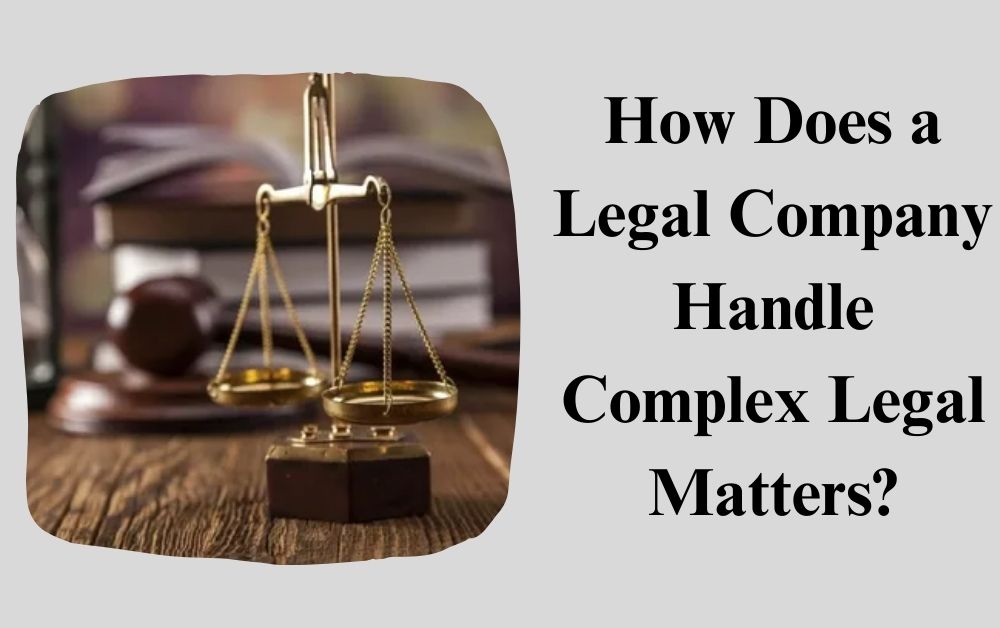Delve into the World of Film Scoring: Exploring the Role of Composers


Introduction
Film scoring, sometimes described as the pulse of cinema, is a complex art form which weaves emotions, stories, and visuals using the power of music. Behind every memorable film’s soundtrack is a composer who creates a meticulous soundscape, leading the audience on a journey of emotion. This article dives into the world of film score and reveals the finer points of the art and examining the crucial role that composers play in defining an experience in cinema.
The Crucial Role of Film Scores
1. Making the Emotional Tone
a. Enhancing the Cinematic Experience
Film scores function as emotional anchors, enhancing film experience through evoking certain emotions and moods. The combination of images and music can create a powerful impact, which makes scenes memorable and memorable to audiences.
b. Construction Atmosphere and Ambiance
Composers craft the music of the film, bringing viewers to various emotional states and narrative worlds. A good score can increase the sense of immersion and make the viewer feel part of the story’s unfolding.
What is the Creative Process of Film Scoring
2. Collaboration with Filmmakers
a. Early Collaboration
Collaboration between filmmakers and composers usually begins during the early stages of filmmaking. The early involvement of composers allows them to comprehend filmmakers’ ideas, themes as well as the narrative’s nuances creating the basis for a coherent musical narrative.
b. Spotting Sessions
Spotting sessions are key instances where filmmakers and composers work together Stream Tribune New Zealandto decide on the optimal placement of music within the film. These sessions include discussions about which places the music will begin, end, and the emotion it will convey during specific cinematic scenes.
3. Composition and Orchestration
A. Music Themes to Create
Composers explore the basic elements of the story’s narrative, themes, and characters to come up with musical themes. These themes are used as a musical identity for characters or key elements of the story, appearing across the movie to build emotional connections.
B. Musicianship and Orchestration
The process of orchestration involves selecting instruments and placing the musical elements. Composers choose the dynamic, tempo and arrangement, while adjusting the music to enhance the visual narrative and enhance the emotional impact.
Hollywood composers: Masters of the Craft
4. John Williams: The Maestro of iconic scores
A. Timeless Classics
John Williams is synonymous with many of the most memorable music scores from cinematic history. His scores, ranging from the high notes from “Star Star Wars” to the eerie melodies of “Schindler’s List” have left a lasting impression on the film industry.
B. collaborations Spielberg
Williams in collaboration together with filmmaker Steven Spielberg has produced some of the most memorable soundtracks, showing the close relationship between composers and filmmakers in making stories come to life.
5. Hans Zimmer: Innovator and Trailblazer
a. Breaking Conventions
Hans Zimmer is celebrated for expanding the boundaries of film scoring. His inventive approach, frequently using orchestral and electronic elements, has influenced the advancement of film music.
B. collaborations Christopher Nolan
Zimmer’s collaborations with filmmaker Christopher Nolan, evident in music like “Inception” along with “Dunkirk,” showcases his ability to modify his musical style to complement the director’s narrative.
6. Ennio Morricone: Crafting Cinematic Journeys
a. Spaghetti Western Legacy
Ennio Morricone’s contribution to film score is unimaginable. His score for the spaghetti westerns of Sergio Leone like “The Good The Bad, the Good and the Ugly” revolutionized the way we use music in films.
B. Timeless Impact
Morricone’s ability to convey what is essential to a narrative through music, as seen in films like “Cinema Paradiso” is a perfect example of the long-lasting significance of the composer’s contribution in a film.
Technologies Advancements for Film Scoring
7. Digital Tools and Virtual Instruments
A. Evolution of Technology
The advancements in digital technology have transformed the process of film scoring. Composers can now access virtual instruments and libraries of samples, making realistic orchestral sounds in the composition stage.
b. Hybrid Methods
Many composers are drawn to hybrid methods, which combine live orchestra recordings with digital elements. This blend of classical and modern techniques gives freedom and creativity.
8. Sound Impact Design and Synthesis
a. Integrating Sound Design
Contemporary film scores typically contain aspects of design for sound and synthesizers. Composers work with sound designers to develop distinctive sonic textures that compliment visuals and add layers of depth to the audio experience.
b. Experimental Scores
In the experimental genres and avant-garde filmmaking, composers are given the liberty to experiment with new methods and sounds and techniques, challenging the traditional concepts of film scoring, and making a difference in the variety of cinema’s musical expression.
The Nuances and Challenges of Film Scoring
9. Balance between Artistic Vision and Filmmaker’s expectations
a. Definition of the Directorial Vision
Composers have to balance the delicate art of understanding the director’s vision and blending the artistic sensibilities of their composers. Collaboration involves coordinating artistic visions with expectations of the filmmaker.
b. Revisions and Iterations
The nature of film scoring is characterized by many revisions, based on the filmmaker’s feedback. Composers have to be receptive modifications while keeping the quality of their work.
10. Production Time and Film Production
a. Tight Schedules
Film composers are often working under strict deadlines, with deadlines that are aligned with different stages of filmmaking. The pressure to produce under tight deadlines demands efficiency, creativity as well as a profound knowledge of the process of filmmaking.
b. Ability to adapt to changes
When films change in editing, composers could have to modify their scores to accommodate the new narrative structure. This flexibility is vital and highlights the dynamic nature of collaborative filmmaking.
Award and Recognization in the Film Scoring
11. It is the Prestige of Film Score Awards
A. Academy Awards for Best Original Score
Film composers get recognition via important awards, such as awards like Academy Awards for Best Original Score. The award is proof of the effect of a soundtrack on the cinematic experience overall.
b. Recognition and Film Festivals Recognition
Film festivals honor the best film scores, and provide the composers with a chance to present their work and earn praise from professionals in the industry and the public.
12. Culture and Legacy
a. Enduring Influence
Film scores that are iconic frequently transcend cinema and become cultural icons. The lasting influence of music such as”Jaws,” the “Jaws” motif or “Imperial March” from “Star Wars” illustrates the significant influence of film music on popular culture.
b. Cultural significance
Certain film scores are embedded in the collective consciousness of people, expressing not only the films they’re accompanied by but also capturing the culture currents of their time. Composers are a significant part of the tapestry of cultural expression by presenting musical stories.
Innovative Future Directions, Trends and Ideas
13. Experimental play of Genres and Styles
A. Mix of musical genres
The future of film scoring might see an ongoing exploring genre fusion with composers trying out different musical styles. This allows for new and exciting interpretations of the narratives in films.
B. Collaboratives Emerging Artists
Composers have a tendency to collaborate with emerging artists from a variety of genres, bringing a variety of musical influences to film scores. The cross-pollinating of styles aids in the growth in film score scoring into an evolving and evolving art form.
14. Interactive and Interactive Scores and
A. Interactive Media and Gaming
The advancements in technology could lead composers to interactive media like gaming and virtual reality. Scores that adapt to the actions of users or their narratives could enhance the experience on these new platforms.
b. Spatial Audio Experiences
Exploring spatial audio technologies could result in more immersive experiences in film scoring. Scores composed by composers can change dynamically to the spatial dimension of a cinematic setting and provide a 360-degree audio experience.
Final Conclusion Film’s Harmonic Tapestry of Film
It is a skill that requires scoring for film score is an perfect combination of technology, creativity and collaboration. Hollywood composers, both the past and current, have created the emotional world of cinema and left a lasting impression on the story-telling process. From the enduring theme that were composed by John Williams to the groundbreaking innovations of Hans Zimmer, the world of film scoring is constantly evolving in a way that reflects the changing character of entertainment business.
As technology expands its horizons and storytelling techniques evolve as well, the process of film scoring will certainly evolve and innovate. The future will offer a rich musical exploration where composers will continue pushing boundaries, explore new sounds and add to the magic of cinematic storytelling. It is the artistic quality of film score that transforms moving images into memorable journeys for people all over the world.













